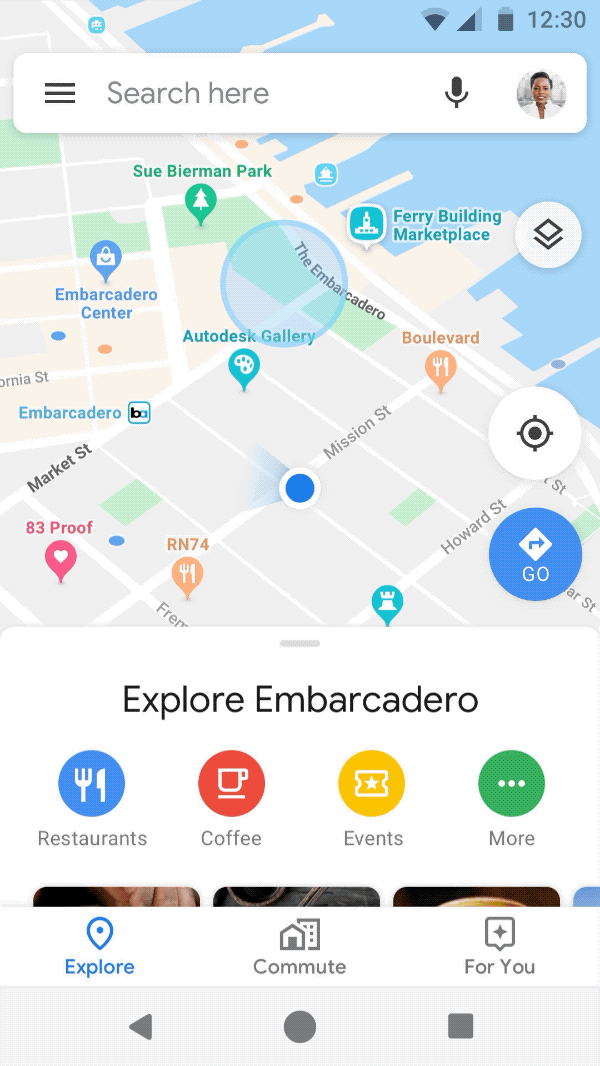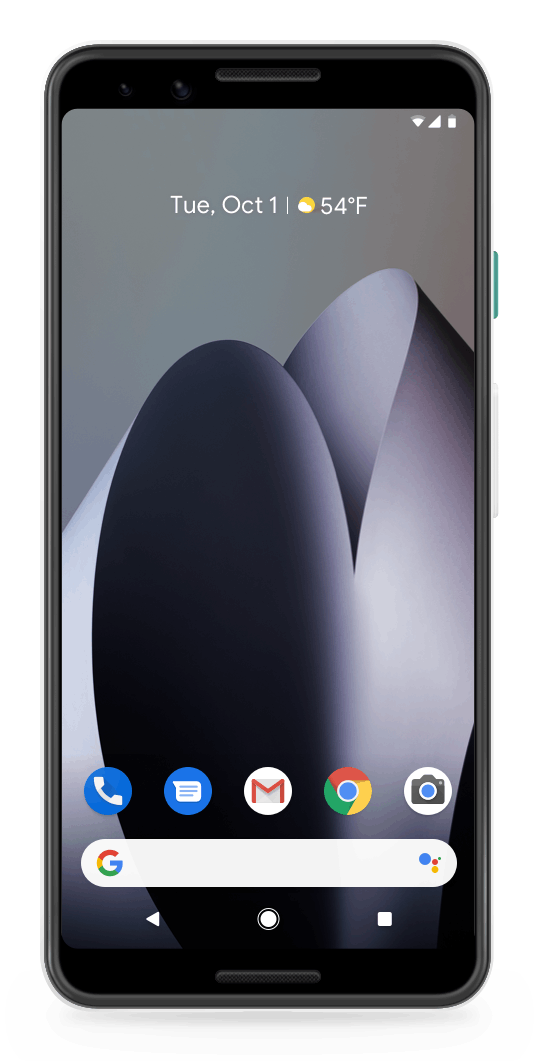
Google Launches More Privacy and Security Features for its Products
- Google released the privacy features they promised during the I/O 2019.
- Maps will get an incognito mode, and YouTube will get history auto-delete.
- The Assistant will also be able to delete what you tell it, and the Checkup extension gets embedded into Chrome.
Google has announced a new set of privacy and security features for Maps, YouTube, and Assistant. We already had an idea about what to expect since May’s I/O, and the time to see these feature landing has come. As explained in Google’s recent blog post, all of the new features will maintain a high level of consistency among the various products and services of the company. This eliminates the possibility of confusion for the users and offering a coherent experience overall.
First, Maps gets an incognito mode that enables users to use the app without Google logging any data about what they’re checking out. Following the same logic, none of this data is logged on the users’ advertising preferences profile. Android users should expect the new setting to appear when tapping their profile photo on the menu of the app, while iOS will follow with the updates a bit later. On YouTube, users will now get the long-awaited “auto-delete” feature. If you enable it, the platform will delete your Location History and Web & App Activity every 3 or 18 months. Unfortunately, the periods of the wiping of the data aren’t as granular as we would like them to be, but still, it’s something.
Proceeding further, Google will soon enable users to delete the “Assistant Activity” from their devices, and do it via a vocal command again. Saying “Hey Google, delete the last thing I said to you” or “Hey Google, delete everything I said to you last week.” will now order the assistant to do precisely that. There will be no need to activate this feature, as the Assistant will support the deletion commands by default now. This will be made available to English speakers this week, and everyone else by next month.
Finally, the “Security Checkup” Chrome extension that we've seen back in February is getting embedded into the browser. As we explained back then, this extension is checking the passwords that the user enters to log in on a platform against known data breaches. If there’s a match, the user is informed that the password they’re using has been compromised and must be changed. The credentials that are entered are passed through an encryption layer developed by Stanford University, so Google isn’t directly accessing your credentials, nor can they leak them in any way.
Are you happy with Google’s latest announcement, or are these features irrelevant to you? Let us know in the comments down below, or on our socials, on Facebook and Twitter.









